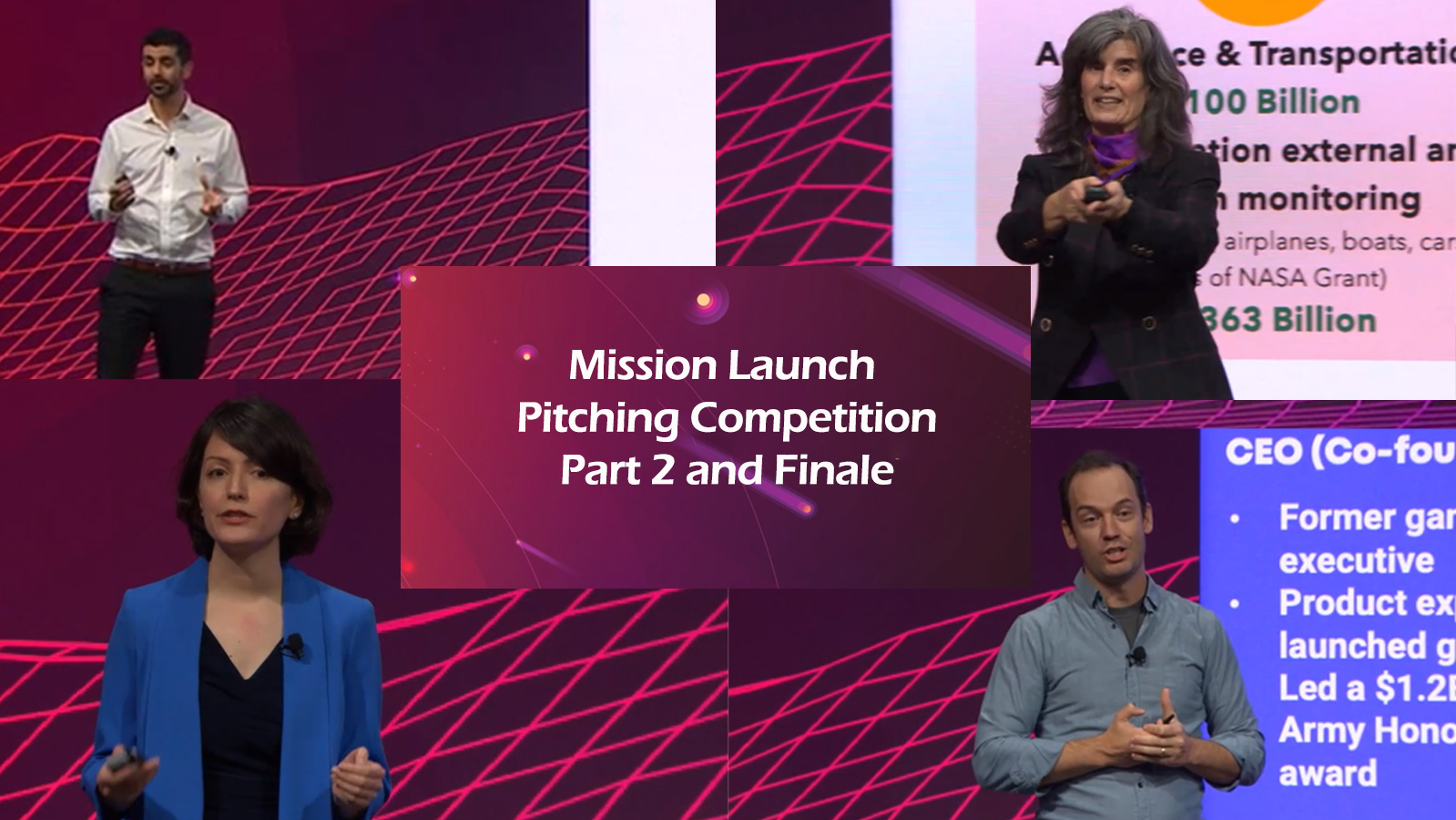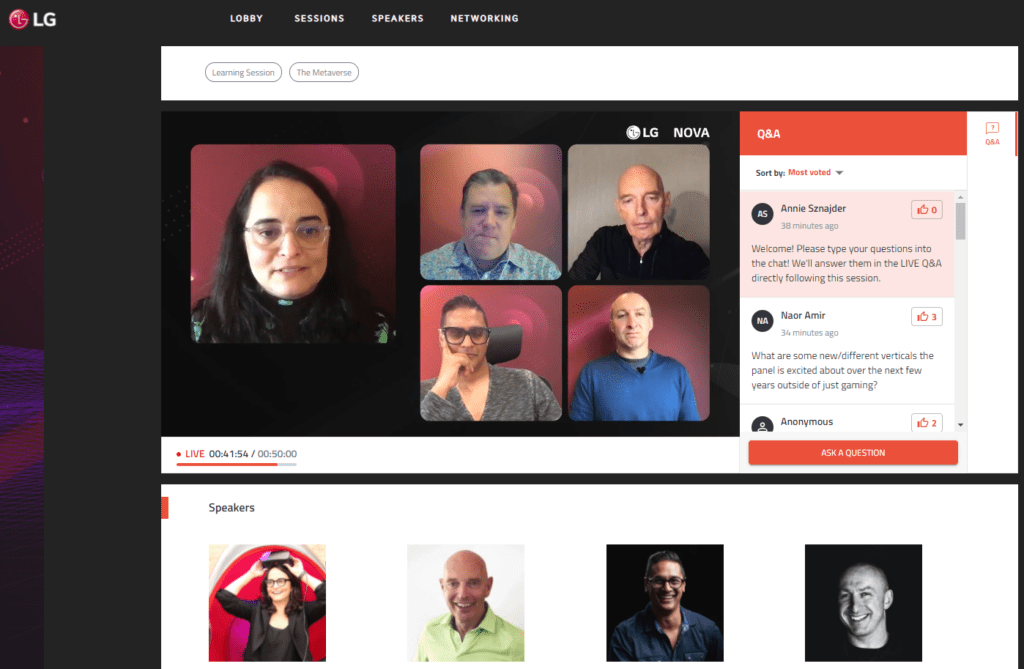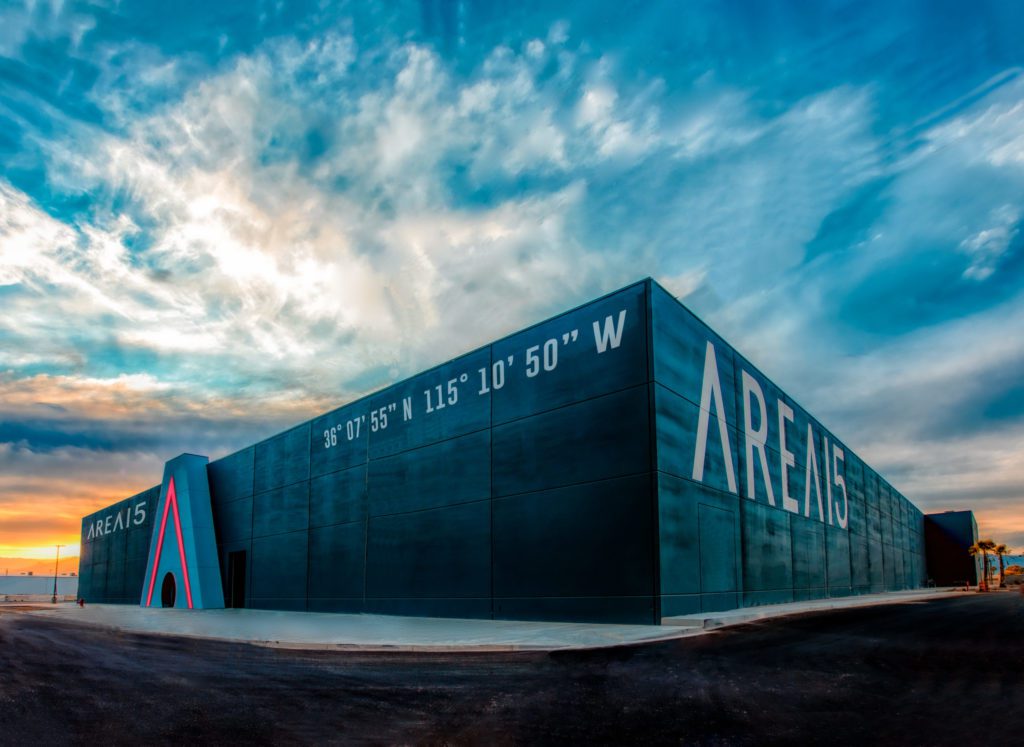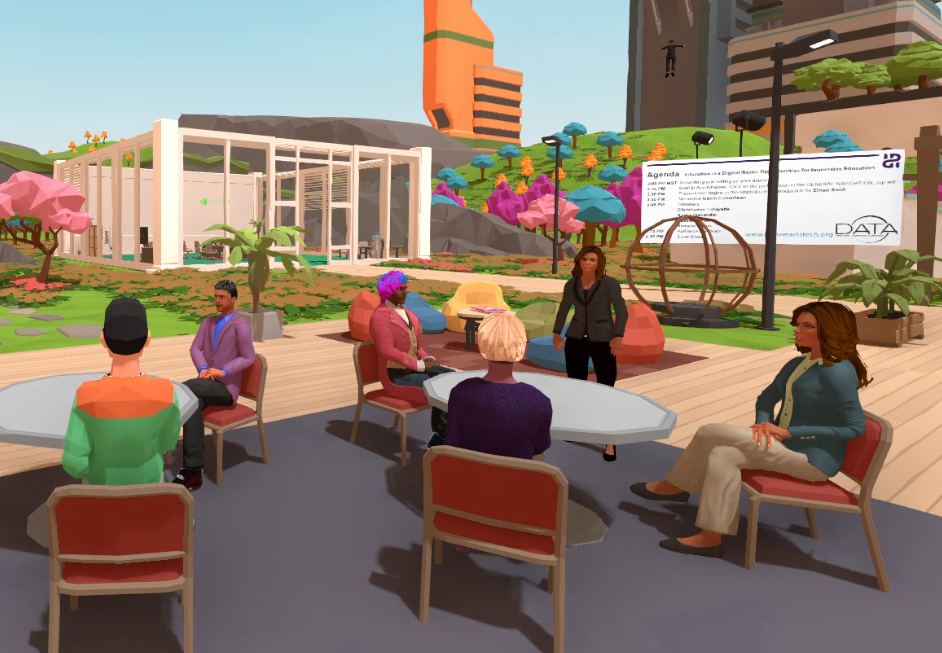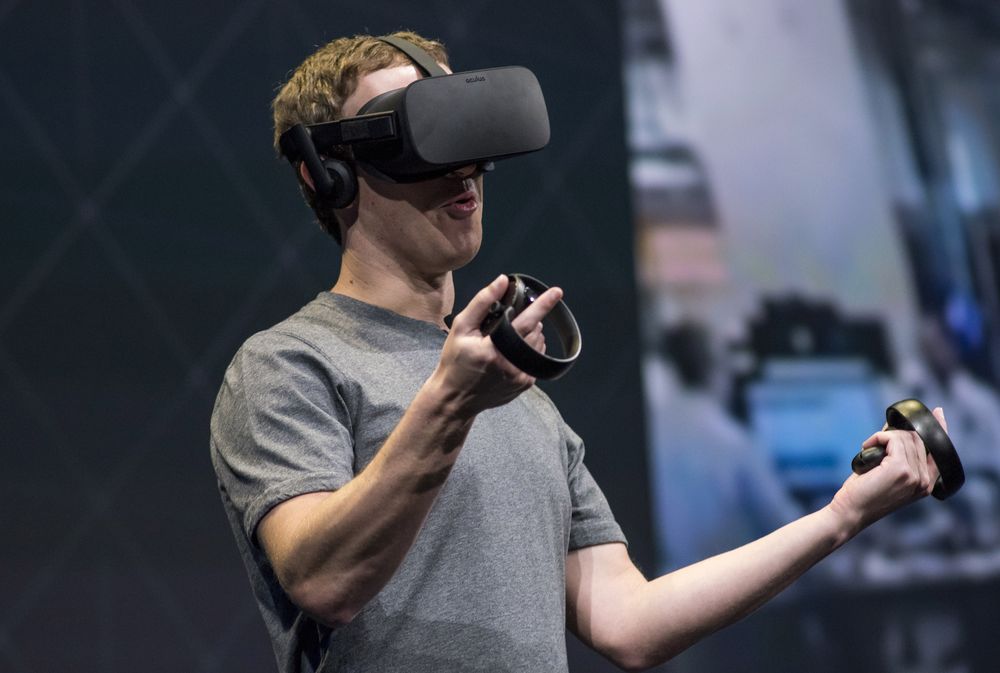
by admin | Nov 23, 2021 | Mixed Reality, News, Technology, Virtual Reality, Virtual Worlds
Alt Ethos is delighted to have recently applied to LG NOVA’s Mission for the Future program. Selected companies will have the opportunity to enter a 6 to 9-month program to build their business with LG. In the program, companies have the opportunity to go through a co-collaboration process with LG for evaluation, testing, piloting, which will lead to 10 companies selected as the finalists.
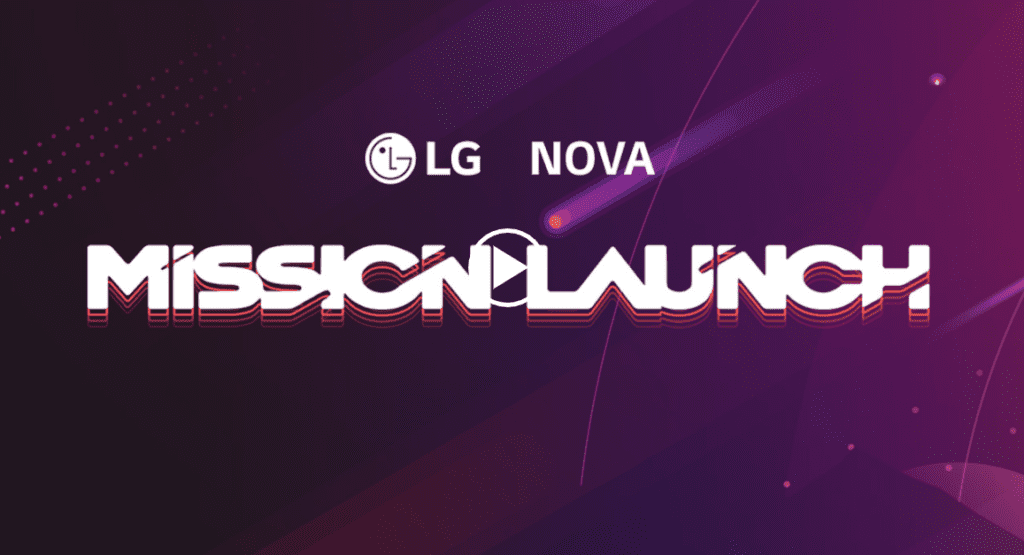
Alt Ethos is also honored to have attended and participated in their informational summit Q&A, on the Metaverse Panel Discussion alongside remarkable speakers. The event tackled how the convergence of gaming, VR, AR, XR, entertainment, and work from home is creating a catalyzing moment for the creation of the next web – the metaverse.
The question was asked about the Metaverse: “Is it here yet or yet to come?” – While most panelists agreed that the Metaverse is evolving at the moment, Gene Keselman broke from the pack and stated “The Metaverse is not yet here in any form”, our very own XR Producer – Julian Reyes agrees with this premise.
Dan Mapes spoke about his efforts with The Spatial Web Foundation, a hyper-integrated, contextually-aware, and ethically-aligned network of humans, machines, and AI. The mission of the Spatial Web Foundation is to develop and maintain the technical and ethical standards of the Spatial Web.
“(The metaverse) It’s here but it is still very, very early days, and it’s just going to grow into this incredible area that is yet still to be defined.” – Siddarth Shah, Magic Leap
More videos and information will be posted on the LG Meta page.

More info about the panelists:
Samantha Wolfe – Founder: PitchFWD
Samantha G. Wolfe is the Founder of PitchFWD, a strategic consultancy focused on the acceleration of consumer and enterprise adoption of emerging technologies. She works on strategic brand positioning as well as product and developer marketing for innovative products and services. Sam also is an Adjunct Professor at NYU’s Steinhardt School teaching ‘The Business of Virtual Reality and Augmented Reality’ and ‘The Marketing of Innovation’, both courses she created and developed. To learn more about Sam, go to www.samanthagwolfe.com. To find out more about her consultancy, go to www.wearepitchfwd.com
Dan Mapes – Founder: VERSES
Dan Mapes is a Founder of www.Verses.io – Spatial Intelligence Systems integrating Mixed Reality, Artificial Intelligence and Blockchains that together build The Spatial Web. Dan has spent over 20 years at the intersection of internet technology and entertainment as an entrepreneur, inventor and investor. Dan’s technology interests range from Gaming to Virtual Reality and from Blockchain to Artificial Intelligence. He is a consultant to both startups and large corporations and has made investments in multiple companies where he is often an active advisor or board member. He is the Founder and CEO of Cyberlab – a Global Deep Tech Lab with offices in California, China and Holland. Cyberlab currently has a focus on IoT, Blockchain, Virtual Reality and AI.
He has a deep interest in Meditation, Yoga and Peak Performance and is an avid sailor, diver and mountain biker. He also is working on Sustainability and the Environment and owns a 250 acre Permaculture Ranch that is powered entirely by solar.
“There is this new economy that is emerging that is going to be 10 times as large as the industrial age economy.” – Dan Mapes, Verses
Siddharth Shah – Managing Director & Commercial Officer: Magic Leap
Currently, Sid is the Managing Director & Commercial Officer at Magic Leap where he is focusing on building the enterprise AR business. Previously, he was a Managing Director at BCG Digital Ventures which launched over 120 businesses. He also was co-founder of HRX (India’s first fitness brand) which was exited to Walmart in 2015. He is a seasoned executive with 20 years of experience in successfully launching and operationalizing companies from the ground up, advising corporate and celebrity clients, structuring investments, and building partnerships. Successfully launched businesses in the US, India, China, SE Asia, and the Middle East. Demonstrated ability to originate deal flow in new geographies.
Speaking and writing experience includes: Recurring speaker at Rise, Milken, Harvard Business School, Kellogg School of Management, Wharton, London Business School, UCLA, Licensing Expo, Malaysia Social Media Week; and frequent writer at Brandchannel, Adage, Retailer, and other trade publications.
Gene Keselman – Executive Director: MIT
Gene R. Keselman is the Executive Director of the MIT Innovation Initiative. In this role he works to develop overall strategy and to pilot new programs to meet the Initiative’s goal of enhancing innovation and entrepreneurship across the MIT campus and around the world through evidence-based educational programs, infrastructure, and communities.
Gene graduated from the University of Michigan with Bachelor’s of Arts degrees in Economics and Political Science and also earned a Master’s of Science degree in Information Systems from the George Washington University. More recently he earned a Master’s of Business Administration from the Massachusetts Institute of Technology (MIT). While at MIT, Gene was also an Associate Investigator in MIT Sloan Operations Management performing research for the Study on Wearable Biosensors and Performance in Multiplayer Games.
Jason Kaehler – CEO
Jason Kaehler has a 29-year career that spans across the entertainment, digital technology and computer graphics industries. He has worked extensively in both R&D and commercial product development for games, VR, data visualization, HCI (Human Computer Interaction) and simulations. Jason began his career in R&D for Disney Imagineering being involved in that ‘first wave’ of VR, developing the DisneyQuest Aladdin VR ride, the first of its kind. Since then, he has had a passion for the medium.
Jason is a serial entrepreneur who assembles and leads word-class teams to develop cutting-edge software. His first game studio sold to Activision in 2002. Since then he has led his own companies and worked for corporations (and the U.S.Gov) in the Internet 3.0 – the metaverse – particularly the gaming/interactive media sector developing 3D data visualizations, mobile & PC games, VR training, gambling games, HCI, IoT/security visualization and UIdesign.
Jason enjoys contributing to unique projects and consults to corporations and the U.S. government, sharing his deep knowledge of the metaverse sector. On the HCI research side, Jason works exclusively with Stanford Research Institute (www.sri.com) , DARPA and the USAFin both a sub-contractor and Prime Investigator roles. His most recent obsessions are NFTs, crypto, AR and ‘P2E’ (Play to Earn) games. Learn more: https://www.linkedin.com/in/jasonkaehler/, and http://kaehlerplanet.com/

Alt Ethos joined key stakeholders as they discussed the trajectory of the metaverse, its arrival and the vast potential opportunity for businesses and startups to set the stage for how we will engage and interact in the coming full digital world.
We are tracking the evolution of the Metaverse closely as we launch Pathos.
Pathos Metaverse: a browser-based virtual world by Alt Ethos. For this panel, all of the speakers and audience members will be avatars in the Pathos Metaverse allowing for individual representation and easy networking with spatial audio. The Pathos Metaverse provides exciting meeting places, dynamic events, and future-thinking hybrid-virtual-world solutions, pushing the boundaries of interactivity. https://altethos.com/pathos-metaverse/

by admin | Nov 9, 2021 | Design Services, Mixed Reality, News, Projection Mapping, Virtual Reality, Virtual Worlds
On August 29th and 30th at AREA15 Las Vegas, Epic Immersive welcomed immersive industry luminaries from Secret Cinema, Marshmallow Laser Feast, David Byrne’s Theater of the Mind, Broadway, Swamp Motel, Meow Wolf, Delusion, Mycotoo, AREA15, Boomtown Fair, Les Enfants Terribles, The Oregon Shakespeare Festival, and more. As well as international guests from companies in China, India, Singapore, Russia, and Europe.
Epic Immersive is an immersive experience agency that has created 14-acre fictional cities and underground wonderlands. Companies like Apple, Google, and Facebook have commissioned Epic Immersive experiences.

The 2-day event included speakers Mycotoo’s Fri Forjindam, Fifth Wall Forum’s Stephanie Riggs, AREA15’s Michael Beneville, the Oregon Shakespeare Festival’s Nataki Garrett, and the team behind VR theatre experience Welcome to Respite (Tribeca Film Festival 2021 Official Selection), with many more.
Alt Ethos caught up with Steve Boyle, co-founder of Epic Immersive (co-created with Kimberly Flynn) to discuss event curation, announcements, and exciting future plans.
-
The Alt Ethos team really enjoyed The Immersive Industry Homecoming Summit. What was your process for curating the speakers; how did you go about choosing them?
We (Steve Boyle and Kimberly Flynn) worked together to identify the most compelling movers-and-shakers from the global immersive scene across a number of genres and mediums. It was of supreme importance to us that we threw a truly global event, and that our speaker roster reflected the incredible diversity of our field, highlighting femme and BIPOC creators.
-
We noticed that there were some announcements made at the event from the speakers. Can you please share some of those?
Two big ones come to mind: Stephanie Riggs announced the creation of Odeon Theatrical, a new platform that delivers AR content for live theatre, and Kim Adams announced the return of Adventure Lab.
-
What was the moment that surprised you the most at the event? Or a “wow” moment that comes to mind?
Steve: The wow moment for me was really just being there — those first moments especially when the energy is so high and the anticipation is there and we’ve really, truly come together for the first time in 18 months, with tons of safety precautions in place, and we’ve made it together safely. That was an amazing moment I’ll never forget.
Kim: Wow moments for me were in all the excitement and enthusiasm throughout the entire process from the speakers to our attendees, the positivity, excitement, support and joy from everyone involved and from everyone that attended was really magical. It was wonderful to feel the community excited to be sharing an experience again after such a long break.
-
Any shout-outs you would like to share?
Huge, huge thanks to projectionist and technical director Jacob Vorperian, and our tech wiz Christie Casey.
-
What are the future plans for The Immersive Industry Homecoming Summit?
Stay tuned! We’ll definitely be back in Vegas, and you’re going to want to be a part of a whole circuit of events we are planning in 2022.
-
What’s next for Epic Immersive?
A return to large-scale immersive experiences in 2022. Once again, stay tuned for big announcements!
We thank Steve Boyle for taking the time to chat with us and appreciate all of the effort that the Epic Immersive team, speakers, and collaborators put forth to make this Summit such a special event. Bringing together a group of visionaries, technologists, and storytellers is no small feat. Alt Ethos enjoyed the projection mapping within the space, the deep conversation from the speakers, the diversity of the group, and the pace of the presentations. We learned deeply about different companies and artists doing cutting-edge immersive work. Also, let’s not forget about the unique container that the summit took place in. If you’re ever in Las Vegas make sure to visit Area15.

AREA15 is an immersive playground, all rolled into a vast and vibrant space. Throw an axe, wander through a bamboo volcano, race on a zip line, or explore other mesmerizing realms. From the futuristic to the thrill-seeking, there’s an experience for everyone here.
Epic Immersive creates story-driven immersive experiences with explorable, 360-degree worlds. From ticketed experiences to corporate events to marketing activations, they deliver epic, unforgettable journeys.


by admin | Oct 26, 2021 | Augmented Reality, Mixed Reality, News, Technology, Virtual Event Production, Virtual Reality, Virtual Worlds
You may have noticed that the term ‘metaverse’ has been buzzing recently. If you’re wondering why that is, as BBC states, “there is a huge amount of excitement about the metaverse among wealthy investors and big tech firms, and no-one wants to be left behind if it turns out to be the future of the internet.”
The metaverse’s powerful decentralizing potential has been a prediction even before Mark Zuckerberg’s recent announcement, and the advent of the pandemic, which also plays its part in it. According to Reuters: “The accelerated interest in the metaverse can be seen as a result of the COVID-19 pandemic. As more people have started working and going to school remotely, there has been increased demand for ways to make online interaction more lifelike.”
The global changed circumstances along with increased demand suggests that the developing metaverse is on the near horizon.
We only need our mobile phones to remind us of technology’s significant strides in a short time. As Adage says: “Hardware is becoming more compact, quicker and more intelligent. Thanks to 5G, almost everywhere now has fast, dependable connectivity. In the metaverse, computer vision is becoming more intelligent, allowing for both visual and audible help. All of this contributes to the immersion of the experience, making the transfer of knowledge and experience more rewarding and human.”
As such, the metaverse goes beyond common associations like gaming…
… and is poised to impact several sectors like education and retail. As WSJ predicts: ”Real-world businesses will be able to participate in the metaverse as well by offering virtual versions of their bricks-and-mortar facilities, Unity’s Mr. Whitten says. With existing online stores, customers can read product descriptions and make purchases. In the metaverse, customers would be able to visit virtual retail outlets and try out products in 3-D and at full scale before buying.”
As any new technology brings with it its own changes, integrating the metaverse will open new avenues for the way both consumers and companies interact. As Forbes states: “Companies will need to transition their marketing strategies from online ad buys to existing in a shared, virtual economy. Companies will need to do market research on their new customers in the metaverse. How people act and what their preferences are in the metaverse could be totally different than how they behave and what they shop for in real life.”
A useful resource on this promising technology is Jon Radoff’s Building the Metaverse blog.
The blog covers a range of sectors like Business, technology and culture of all the virtual worlds, including: realities and experiences of the Metaverse, 2D, 3D, mobile phones, VR/AR, games, MMORPGs, social networks, digital collectibles, esports; game design, Unity, Unreal, free-to-play (f2p), blockchain, and NFTs. His post ‘What We Talk About When We Talk About the Metaverse’ also explores the meaning of the term ‘metaverse,’ how it has evolved, and what the future may bring.
Wikipedia Metaverse Definition.
The word “Metaverse” is made up of the prefix “meta” and the stem “verse”; the term is typically used to describe the concept of a future iteration of the Internet, made up of persistent, shared, 3D virtual spaces linked into a perceived virtual universe.
The Pathos Metaverse that Alt Ethos is launching.
Perhaps the most exciting aspect of this decentralizing technology is that it won’t just be one metaverse, but multiple, reflecting the unlimited creative potential and explorative possibilities of various entities. We’re honored to have been and continue to work with this unique technology through our metaverse design solutions. Our easy-to-use, dynamic, and engaging immersive platform provides exciting meeting places, magnetic events, and future-thinking hybrid-virtual-world solutions, pushing the boundaries of interactivity. To learn more about how your audience can create their own avatars and immerse themselves in your custom Branded World, please visit visit our metaverse branded solutions page.

by admin | Sep 2, 2021 | Mixed Reality, News, Virtual Reality, Virtual Worlds
In Bloomberg Opinion, writer Tae Kim talks about Facebook’s recent announcement to become a Metaverse company, explains the origin of the term, and reasons why he’s skeptical. Yet another step from Facebook in wanting to take over the Metaverse is its release of Horizon Workrooms. This new virtual-reality remote work app allows users of the company’s Oculus Quest 2 headsets to hold meetings as avatar versions of themselves.
CBS recently sat down with Mark Zuckberg to chat about the Metaverse and Workrooms for virtual offices: “So I think of the metaverse as the next generation of the internet,” Zuckerberg said. “So you can kind of think about it as, instead of being an internet that we look at, right, on our mobile phones or our computer screens, it’s an internet that we are a part of, or that we can be inside of.”
As Bloomberg Opinion states “If it is not going to be Facebook, who is poised to do well in the metaverse? Apple, Epic and Nvidia are well positioned, given their respective technological leadership in these hardware and software areas. And the two main mobile operations systems — Apple’s iOS and Alphabet’s Google Android — will likely benefit as apps and devices run on their dominant billion-user platforms.”
Read the full article here: https://www.bloomberg.com/opinion/articles/2021-08-06/who-will-win-the-metaverse-not-mark-zuckerberg-or-facebook
Photograph credit: David Paul Morris/Bloomberg
by admin | Aug 9, 2021 | Augmented Reality, Mixed Reality, News, Virtual Event Production, Virtual Reality, Virtual Worlds
AVATAR CREATION
BIODOME TOUR
INFORMATION SHARING
NETWORKING
RAPID PROTOTYPING

by admin | Apr 2, 2020 | Design Services, How to, Mixed Reality, Virtual Reality, Virtual Worlds
Since coronavirus was declared a pandemic, the phrase “Just another day at the office” has taken on a whole new meaning. When nationwide social distancing was put into place, millions of face-to-face events and meetings were canceled or postponed.
Thankfully, video conferencing makes it possible to stay connected in work and in life without risking the health of yourself or others. Make virtual conferencing a breeze for your audience with Alt Ethos’ 8 things you can do in advance that will make the transition to virtual conferencing easier.
1. Choose a Platform
There are a number of video conferencing applications out there, and not all are created equal. FaceTime and Messenger are great for chatting person-to-person, but when it comes to virtual events and conferences, you will need more capabilities and features. Consider the following when choosing which platform to use:
- How many people will be in the meeting?
- Is it an interactive meeting or more one-sided?
- Will you need screen share capabilities or other multimedia features?
- What are your tech needs in terms of sound and lighting?
2. Set Expectations Ahead of Time
Have you ever walked into an event or meeting expecting one thing and come out having experienced something entirely different? That can easily happen with video conferences too, and it’s not an experience you want to give your attendees. Set the tone for smooth interactions online before attendees sign up by clearly outlining:
- Which platform the event or meeting will be held. Is there a capacity limit or deadline for signing up?
- What their role in the virtual conference will be. Is it an interactive session where they’ll need to be ready to provide feedback and commentary?
- What level of engagement you expect from them. Will they need to show up with video on, or is audio only okay?
3. Create a Workable Agenda
Because everything is virtual, it’s tempting to think you can pack more in a short window of time. Resist the urge, says Jeff Cobb of Leading Learning in his article “12 Tips for a Successful Virtual Conference”.
“The brain can only absorb what the butt can endure. Shorter is often better for sessions. And don’t forget to build in breaks—attendees will appreciate 15 minutes to check voicemail and e-mail and address other needs. Even in the virtual world, people have to go to the bathroom.”
4. Prep Your Attendees
Once your attendees have signed up, you’ll need to let them know some basic information about the virtual sessions. what you’ll be discussing, who will be there, and what they can do ahead of time to be ready for the meeting. Send out an email with a basic outline of the virtual session. Don’t forget to tell them if there’s anything they’ll want to have on hand to help them get the most out of the session, like a notebook and pen.
5. Be Available to Answer Questions
Virtual conferencing is going to be a new experience for some. The more education and answers you can provide BEFORE the conference call or virtual event starts, the less you’ll have to provide during the actual event.
“Folks will be more likely to pay—whether for a big-ticket sponsorship or a simple registration—if they can see for themselves what the virtual conference will be like,” said Cobb. Make a screen share video with step-by-step instructions on how to sign up for and install the video conference app you’ll be using, and plan to have extra tech support available to answer questions. Designate a specific email, messenger chatbot, or phone line for questions.
6. Do a Trial Run
If you have staff, speakers, or sponsors who will also be involved in the online event, spend time before the event putting resources in place so they feel comfortable and ready to do their part when the time comes.
Consider giving speakers and sponsors a free pass to test out the platform ahead of time, and don’t be afraid to do a trial run or two. You can’t always troubleshoot issues if you don’t know what issues to look for. A trial run will give you a chance to identify any bumps that need to be smoothed over.
The more prepared your staff is, the less stressed you’ll be. Run some contingency plans for customer service issues and create clear guidelines for how staff can help with things like Q&As and breakout sessions.
7. Don’t Forget the Reminder
People are busy, so a virtual event is appealing for many reasons outside of the current health situation. No making travel plans, packing, hotels, or flights. For the attendees, not having to do all the physical planning and prep for an in-person event can make it easy to forget to show up. You’ll need to remind them.
There are several ways to remind your registered attendees. We recommend sending out email or text reminders. Cobb suggests sending reminders a week before, one day before, and the day of the event. You could also create an exclusive group on social media to hype the event. Only registered attendees can join, and you can drop video teasers, downloadable resources, Live video, and more to keep attendees engaged and excited.
No matter how you choose to keep the virtual event top of mind for your attendees, always make sure to include all the pertinent information about how to access the conference and where to go for help.
8. Outline Virtual Etiquette Guidelines
Once you have everyone live in the session, you’ll want to set the tone. Virtual conferencing is a new world for a lot of people. Don’t assume everyone understands good etiquette when it comes to online meetings and events. Let them know how they can do things like:
- Ask or send questions without interrupting
- Stay engaged with the content
- Respect other attendees and the speakers by muting their microphones when there’s background noise
- Access supplemental content like side decks and PDF documents
- Request help with technical issues
Enjoy Your Virtual Conferencing Event
The better prepared you are before your event, the more relaxed and engaged you can be during the event. These tips give you guidelines on things you can do ahead of time that will not only help you but your staff, speakers, sponsors, and attendees.
Learn More About Alt Ethos
Want to create your own unique and memorable virtual conference or workshop experience but not sure where to start? We can help! Visit us at www.altethos.com.
References
Video Conferencing. Stanford University. https://uit.stanford.edu/videoconferencing/best-practices. March 8, 2019.
Cobb, Jeff. “12 Tips for a Successful Virtual Conference”. Leading Learning. https://www.leadinglearning.com/virtual-conference-tips/
